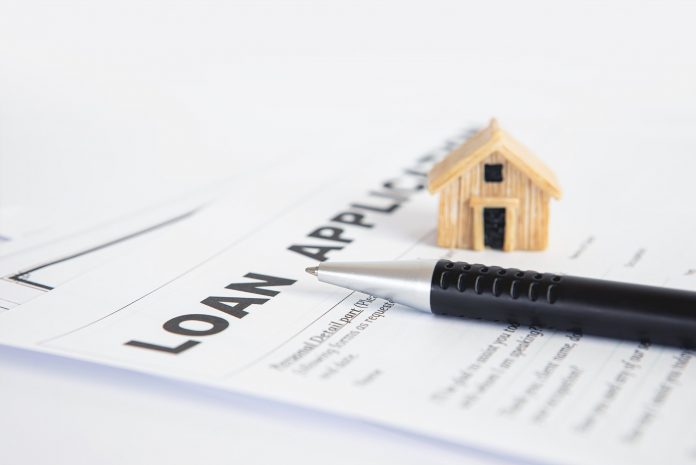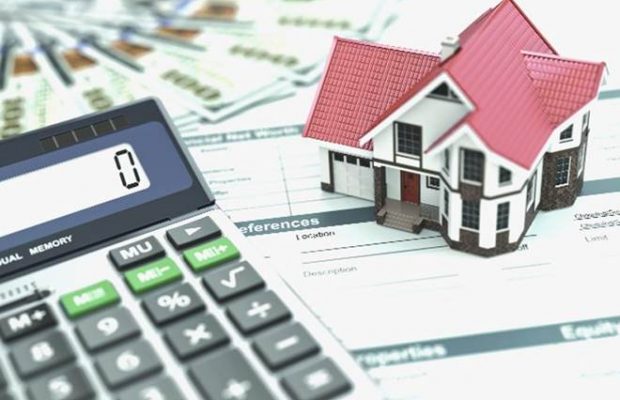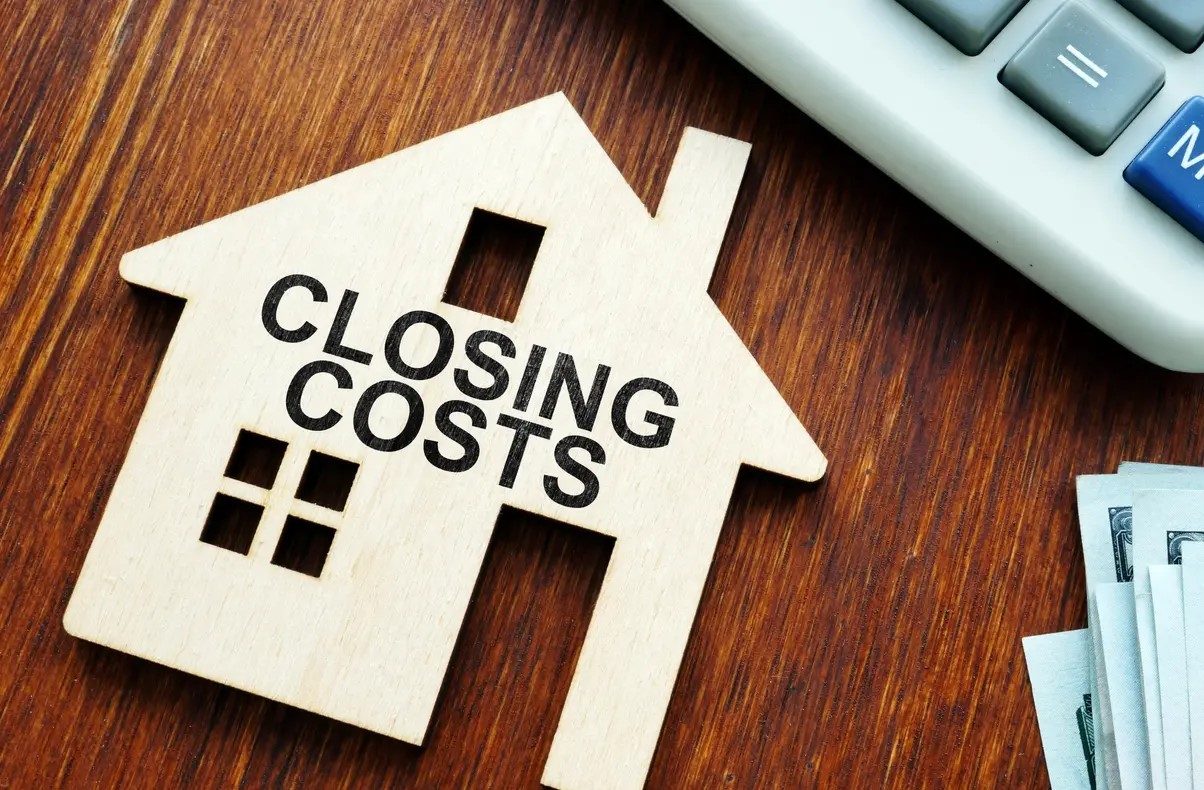
For first-time homebuyers, the financing process may seem daunting. However, the procedure doesn’t have to be complicated or stressful with knowledge and guidance. Getting a loan for your first home purchase could be easier than you think.
Many different types of home loans are available to first-time homebuyers, making the process seem overwhelming. But before getting into the types of loans available, it is vital to understand how to finance. Below are some tips to help you know about first-time home buyer loans:
Acquire a Mortgage Pre-approval
Banks offer a pre-approval examination to assess your creditworthiness; the results determine how much you can borrow from them and your likelihood of repaying the loaned amount. Your annual gross income and other credit information, such as credit cards from different banks and existing loans, are among the questions. Once approved, it’s time to start looking for a house to buy.
Bank Loan Fees

Banks typically provide the quickest loan transactions, but this convenience comes at a cost. They charge for additional services such as handling fees. Banks include mortgage redemption insurance (MRI) and fire insurance in their loan packages for added security.
Consider government home financing through the Pag-IBIG Fund or the National Housing Authority if you want to avoid paying bank loan fees for buying your home.
Prepare a Down Payment

On average, most local banks require a 20% down payment on a house and a 10% to 30% down payment on a condominium unit. If you want to reduce your total mortgage balance and monthly amortization, it’s best to make large initial payments.
Other counting houses provide flexible payment options that allow you to pay on your terms. You can pay more when you have extra money and pay less when your budget is tight, without incurring additional fees!
You should also budget for property taxes, housing insurance, closing and moving costs, and other notary stamp requirements, which will add to the home’s total cost.
Types of Housing Loans in the Philippines
There are two types of housing loans in the Philippines: conventional and flexible. You can select either of these two depending on the terms you prefer.
- Conventional
A conventional mortgage requires you to make fixed payments over a set period. This is ideal if you want a predictable payment scheme and plan your finances ahead of time. A conventional mortgage, also known as a conventional loan, is any type of home buyer’s loan that is not offered or guaranteed by a government entity. Conventional mortgages, on the other hand, are available from private lenders such as banks, credit unions, and mortgage companies.
- Flexible
Flexible banks typically offer this type of home loan. Depending on how much you deposit, you can control the interest rate of your flexible home loan. You may also begin principal repayment at any time. You must only pay interest on the amount borrowed, not the loan amount sanctioned. You can also reduce your interest rate by making part-payments when you have the money. As a result, Flexible loans end up saving money.

Housing Loan Options Based on Financing Scheme
- Bank funding
Housing loans are available from the majority of the country’s banks. However, the application process can be rigorous, with loan amounts and terms varying from bank to bank.
- Pag-IBIG home loan
This government agency can provide you with a housing loan if you are a Pag-IBIG member. This is open to salaried, self-employed, and OFW workers aged 65. It also allows you to borrow up to PHP 6 million to purchase a residential lot, house, or condominium.
- In-house financing
Real estate developers can provide you with a housing loan. However, this loan option has a shorter term of up to five years.
Adulting can be frightening for some because you are now more concerned with your future and investing in the right pieces, properties, and types of investments to achieve your life’s dreams and goals. Some begin by purchasing a car, some buy a home as an investment, and others start by managing their finances and bills. But, whatever it is, make a checklist ahead of time, so you aren’t surprised by your financial problems in the future. And keep in mind that you have a bank on which to fall back if you decide to take a giant leap in life.
Although it is challenging to secure financing as a first-time homebuyer, you can apply for a loan with some help from your real estate agent.




